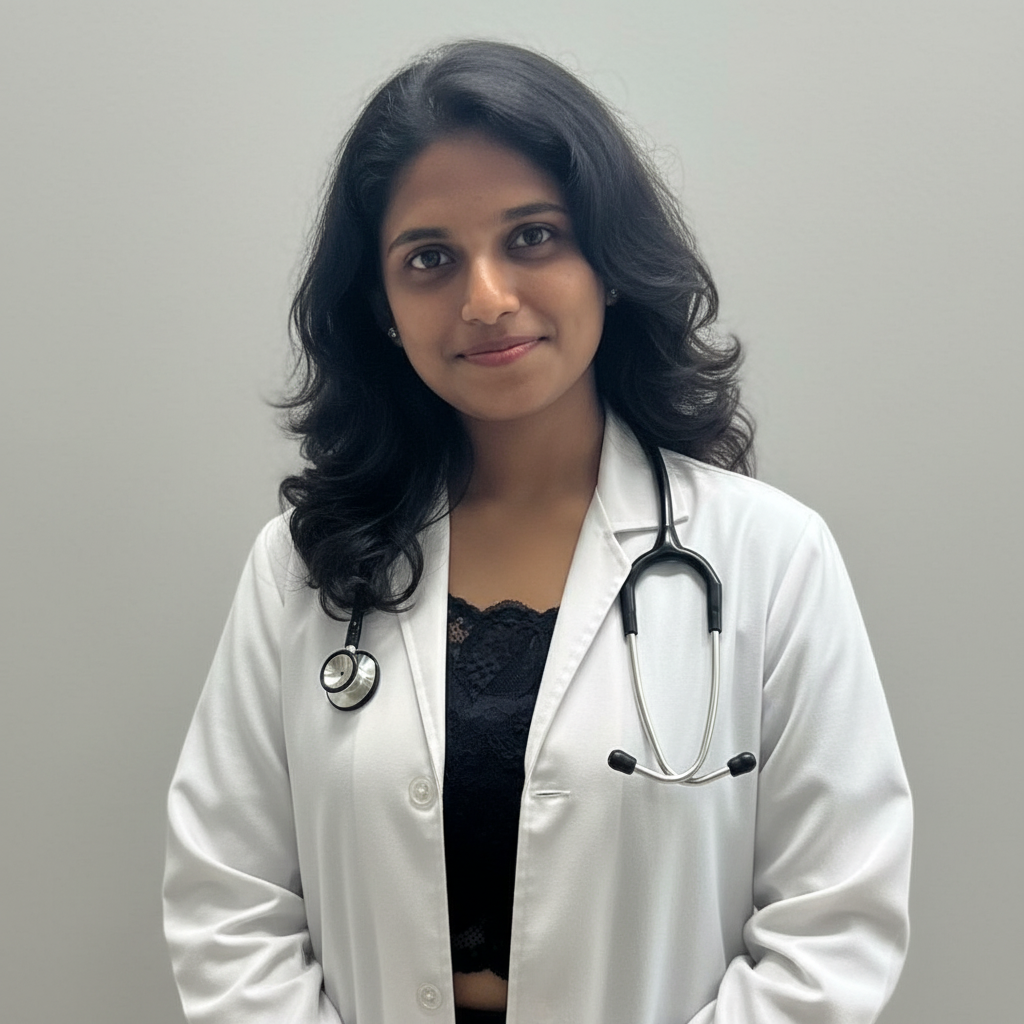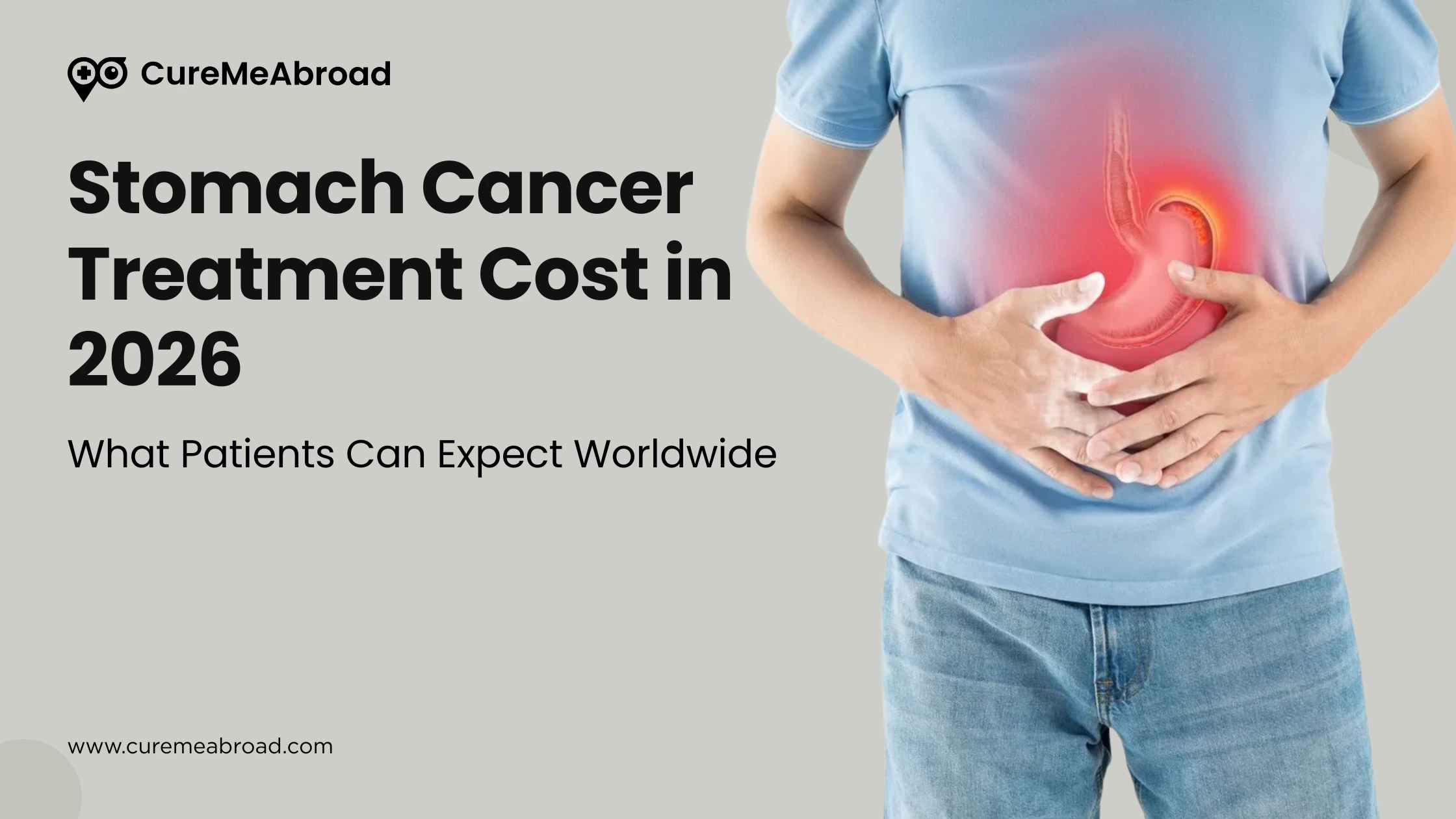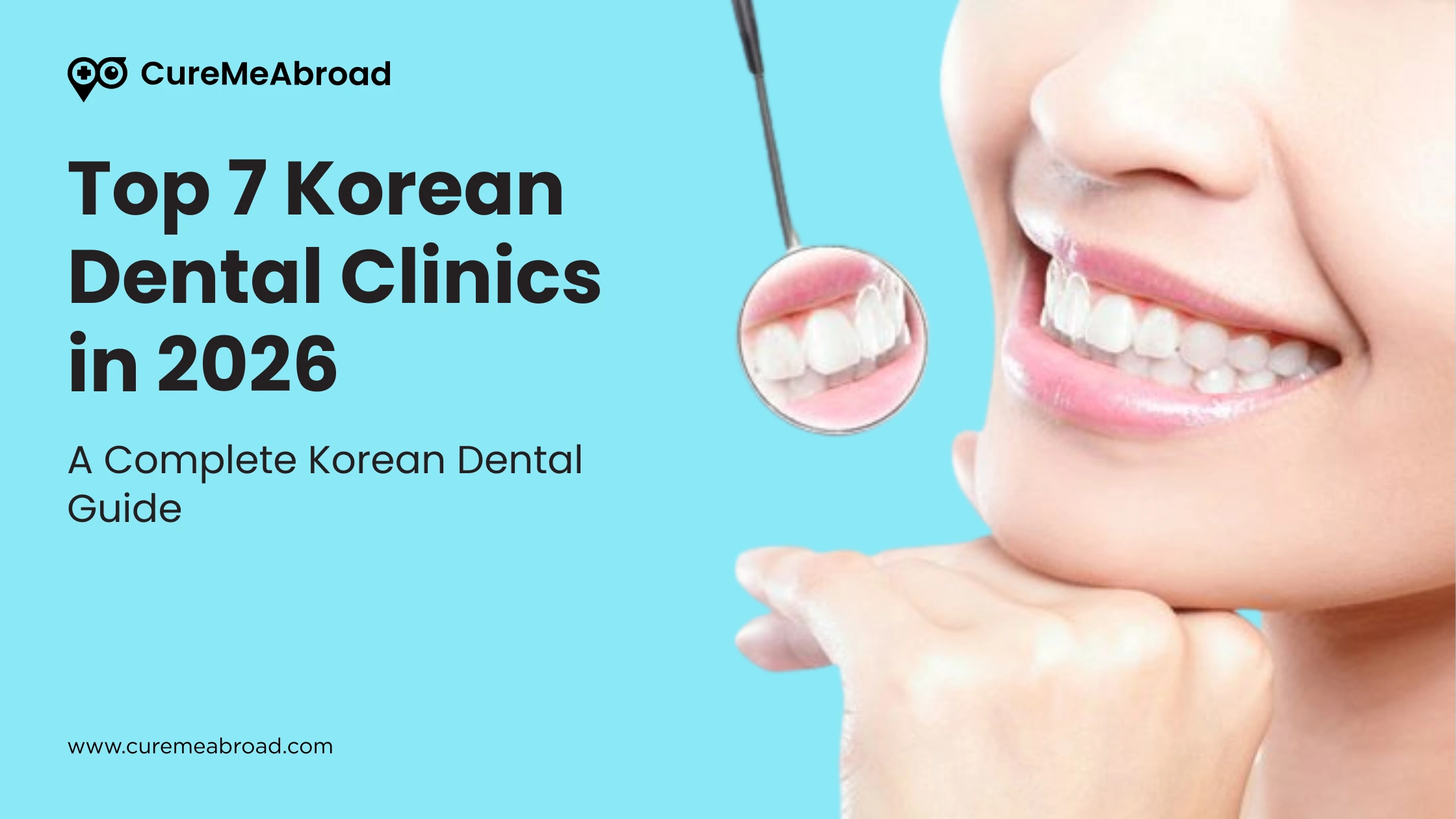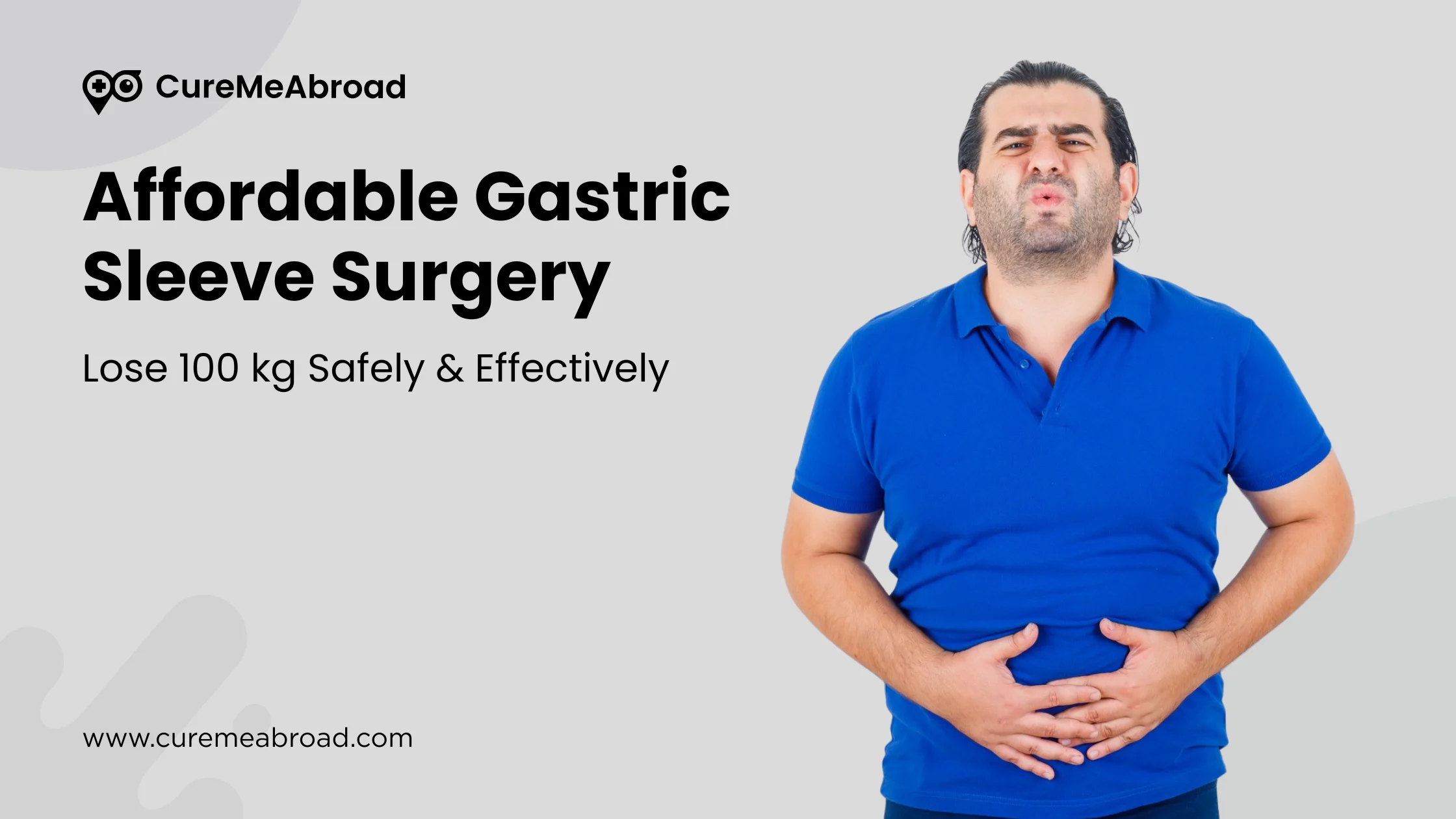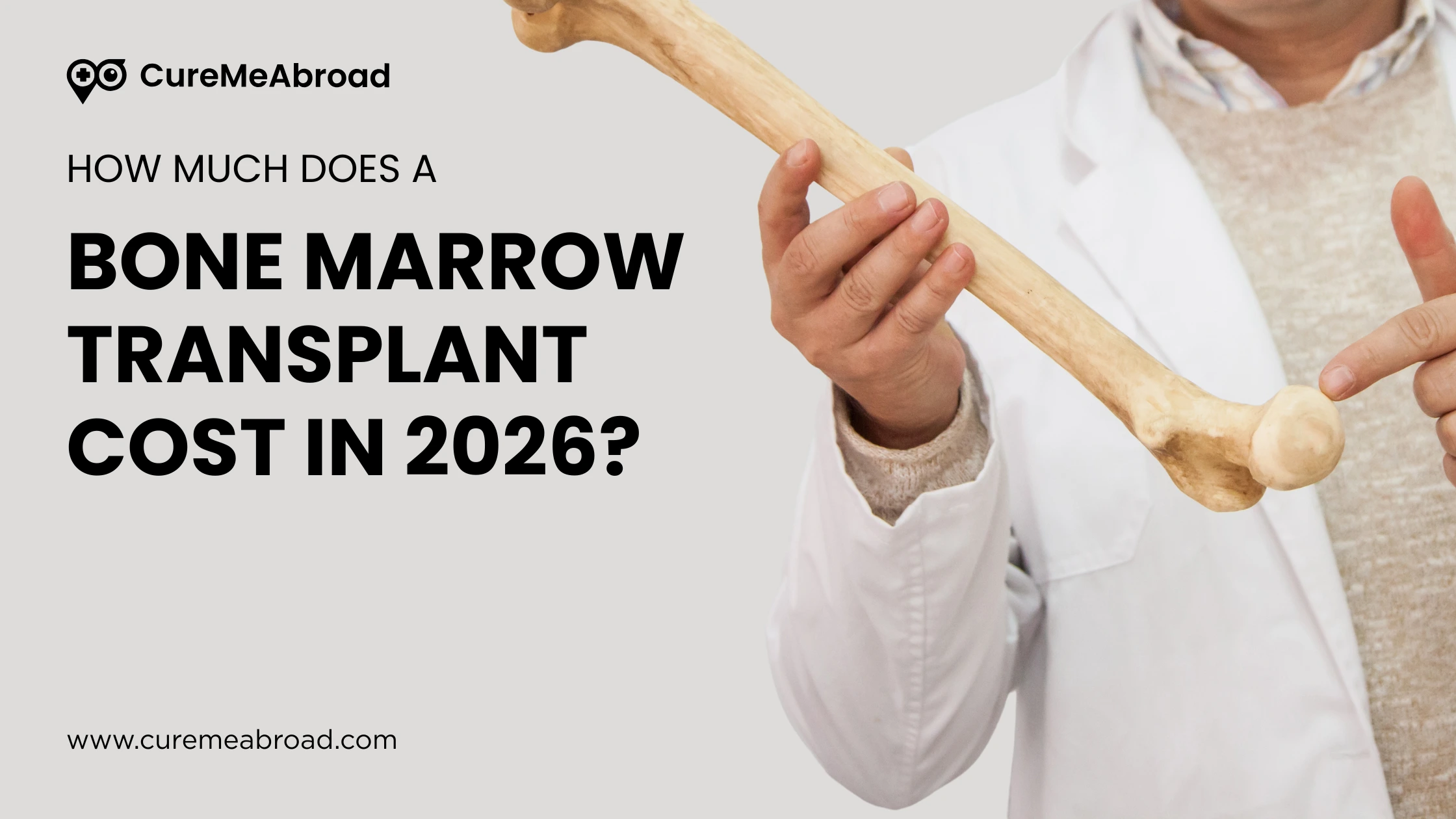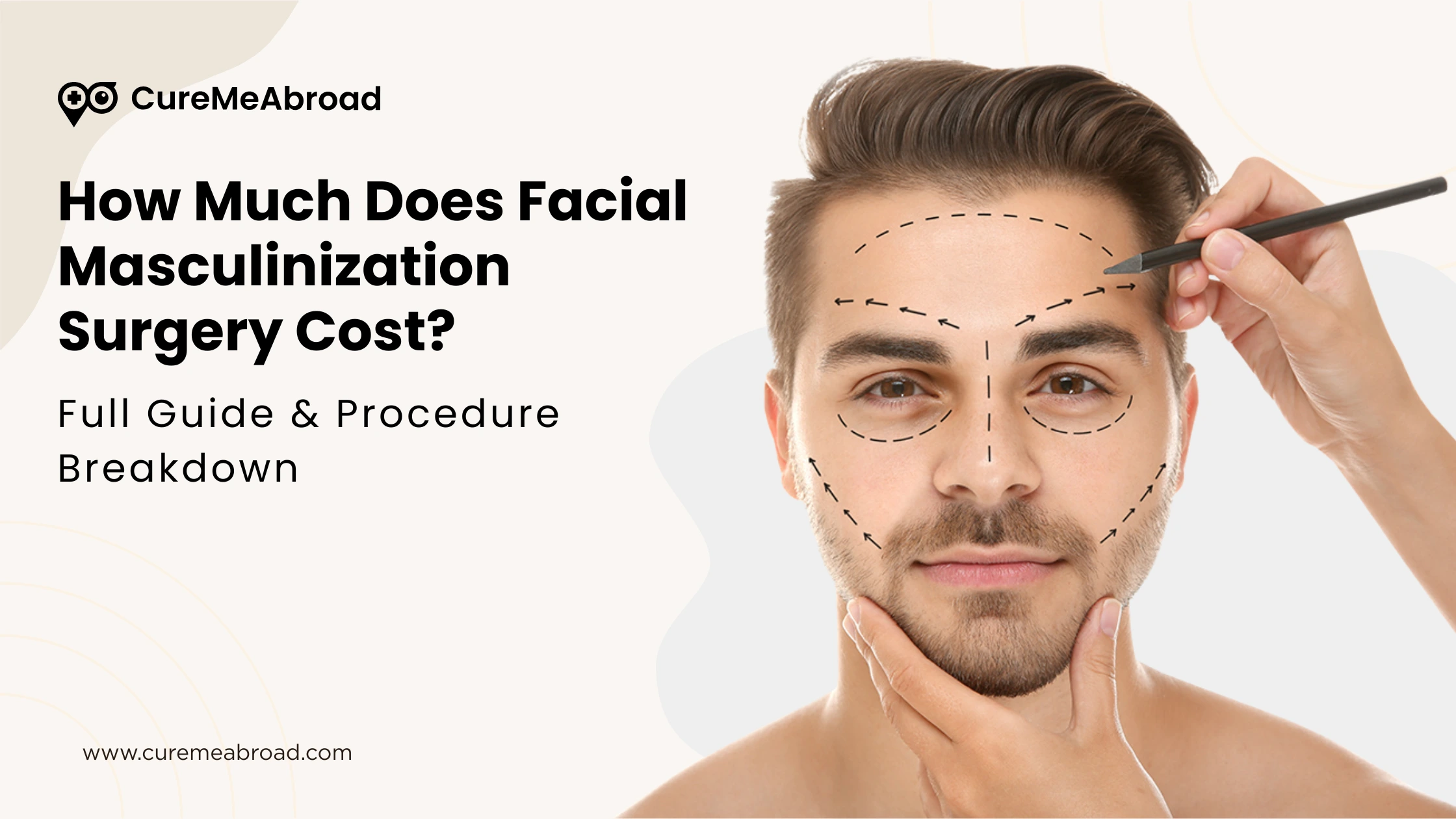Medical travel offers a second chance ,not just at saving money, but sometimes even at saving your life. From complex surgeries to cosmetic enhancements, more patients are crossing borders in search of care that’s faster, cheaper, and often more personal.
But there’s a shadow side.
For every successful medical journey, there are horror stories. People have been misled, overcharged, or worse ,treated in unsanitary, unlicensed clinics. Scams in the medical tourism industry aren’t always obvious. In fact, they often look polished, promising, and too good to be questioned.
Here’s how to make sure you’re not one of those stories.
These seven red flags are your early warning system. Learn them well, and you’ll know exactly how to spot a safe, trustworthy path to surgery abroad.
1. No Medical Credentials or Verifiable Accreditations
If a hospital or agency doesn’t clearly display its medical certifications, accreditations, or doctor qualifications, it’s time to walk away.
Look for:
- JCI Accreditation (the global gold standard for hospital safety)
- Doctor’s medical licence numbers that you can verify
- Affiliations with medical boards in their home country
If credentials aren’t transparent or verifiable, they probably don’t exist.
2. One Size Fits All Package Deals Without Medical Consultation
A hair transplant, a rhinoplasty, and a gastric bypass are not all the same. Neither are the patients getting them.
Be cautious if you’re being sold a package without ever speaking to a doctor first. Legitimate providers will always:
- Request your medical history
- Ask for lab tests, imaging, or previous diagnosis reports
- Arrange a video consultation with a licensed surgeon before giving you a price
If all you’re getting is a fixed rate and a fancy brochure, something’s missing ,most likely the real doctor.
3. Pressure Tactics or Limited Time Offers
No real hospital rushes you into surgery with phrases like “only 2 spots left this month” or “book now for a discount.”
Your body isn’t a flash sale.
Scammers use urgency to short circuit your critical thinking. Legitimate medical teams understand that this is a serious, personal decision. They’ll give you space to ask questions, consult your family, and think it through.
4. Lack of Transparency About Costs
One of the biggest scams in medical tourism is the hidden charge trap.
Some agencies lure you in with a base cost, only to add fees for:
- Anaesthesia
- Consultations
- Medications
- Hospital stays
- Follow ups
A trustworthy provider will offer a full breakdown of costs before you commit.
Ask: What exactly does the quoted price include? If the answer is vague, that’s your answer.
5. No Reviews, No Case Studies, No Real Patients
Social proof is everything.
You should be able to find:
- Real patient reviews (ideally with before and after images)
- Video testimonials
- Mentions on forums like RealSelf, Reddit, or Trustpilot
If the only feedback comes from their own website ,or worse, none at all ,you’re flying blind.
Also beware of overly polished testimonials that feel scripted. Authentic reviews are often imperfect, detailed, and specific.
6. They Can’t Tell You Who Will Perform the Surgery
You wouldn’t book a flight without knowing who’s flying the plane. So why would you accept surgery without knowing who’s holding the scalpel?
Scammers hide behind vague titles like “our expert medical team” or “top rated surgeons.” But a genuine provider will give you:
- The surgeon’s full name
- Their training background
- Years of experience
- Languages spoken
- Patient satisfaction rates
You should feel confident Googling your doctor’s name ,and finding more than a LinkedIn profile.
7. No Mention of Aftercare or Emergency Plans
What happens after your surgery is just as important as the surgery itself. A legitimate provider will have a clear plan for:
- Post op checkups
- Recovery support (either in the destination country or virtually)
- What to do in case of complications
If there’s no structure for aftercare, you risk being stranded with questions or even medical issues you’re unequipped to handle on your own.
Ask about:
- Emergency protocols
- Communication channels post surgery
- Local partnerships if complications arise back home
If their answer is “just come back,” that’s not a plan ,it’s a problem.
Conclusion: Smart Medical Travel Starts with Smart Questions
You’re not just shopping for a cheaper surgery. You’re choosing trust. You’re choosing safety. You’re choosing a path where your life ,and not just your wallet ,is in good hands.
Scams prey on desperation. But knowledge is protection.
Before you book anything, check for red flags, demand clarity, and always talk to the actual doctor. The right agency or clinic won’t make you chase answers ,they’ll offer them freely.
There’s peace of mind in being prepared. And peace of mind is something no scammer can sell.


